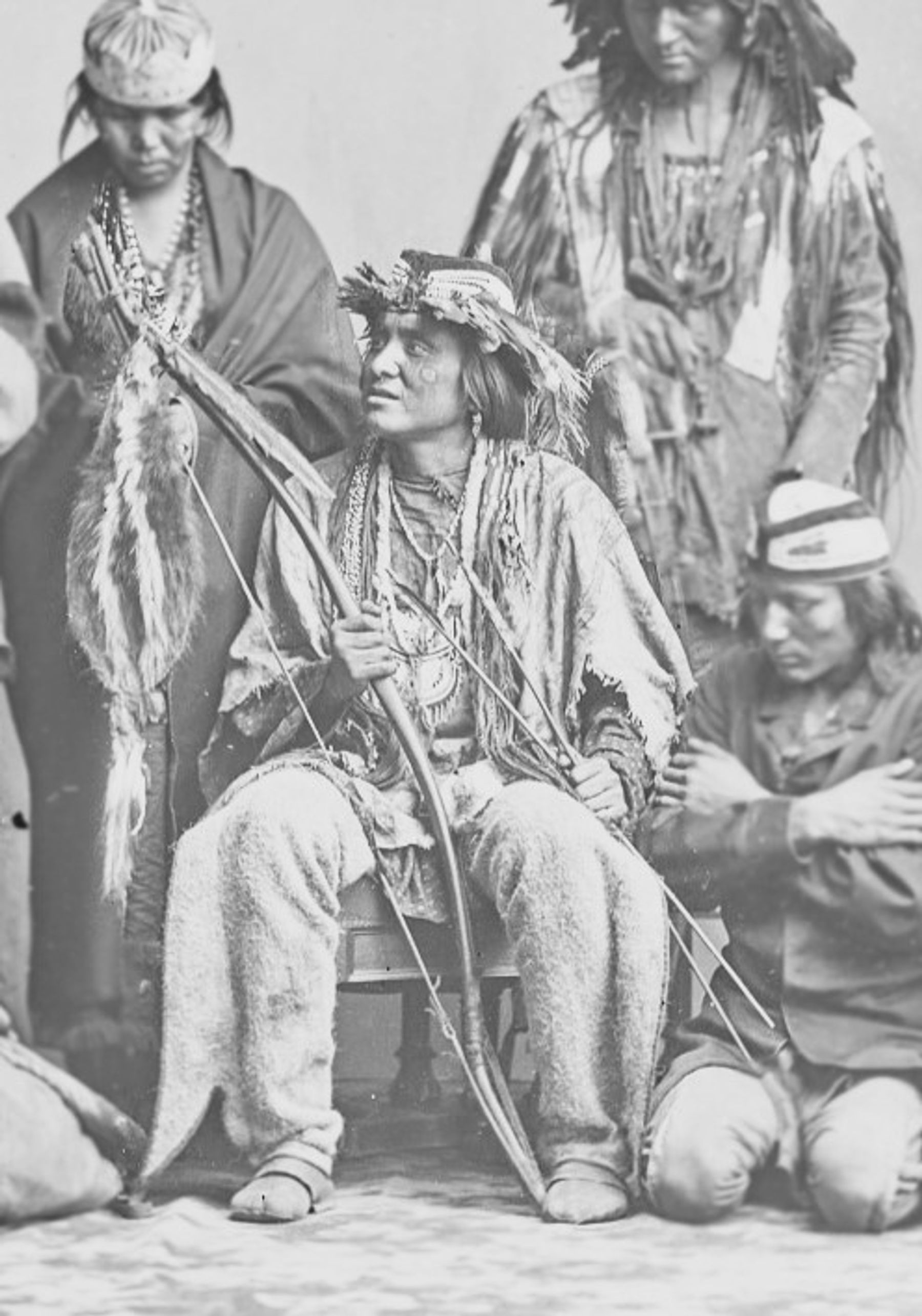Lunch and Learn: Karankawa with Dr. Tim Seiter
Location
Tea Room is the location of the event. Free parking is available at 212 Dallas Street.
Date and Time for this Past Event
- Thursday, Nov 21, 2024 12 p.m. - 1 p.m.
Details
Lunch and Learn for Indigenous Peoples' Month
Topic: The first written record of contact between any American Indians in Texas and Europeans occurred in 1528 when survivors of a shipwrecked Spanish expedition landed near what is now Galveston. French and Spanish expeditions attempted in the 1600s and 1700s to establish forts and missions in the Karankawas’ territory, with little success.
Myths about the Karankawas date to these first failed conquerors, says Seiter, who has read the correspondence from Spanish explorers and missionaries to the Spanish government depicting the Karankawas as demons.
“They created propaganda to justify their failed attacks,” Dr. Tim Seiter says.
By the 1820s, however, disease, pressures from other Indian groups, and a changing environment reduced the once 8,000-strong Karankawa population to about 500. Frequent attacks from Anglo-Americans and Tejanos drove the Karankawas from the coast and deeper south into the Rio Grande Valley until 1858, when a Tejano force massacred what was thought to be the last of the Karankawas.
But it wasn’t the end, Seiter says. “By that time, many Karankawas had moved south to Mexico, joined other tribes, or were forcibly assimilated into white society. Women and the children were usually the ones that survived.”
About the Speaker: As a fourth-grader growing up near Houston, SMU history graduate student Tim Seiter became fascinated by the Karankawas, a coastal Indian tribe unique to Texas. No wonder. His Texas history textbook described the Karankawas as long-extinct 7-foot cannibals who gobbled like turkeys. Years later, as a budding historian, Seiter discovered that much of what he had learned as a 10-year-old was myth, passed on and documented for more than a hundred years. Today, together with Karankawa descendants, he is working to correct their historic record. Alex Perez, a Karankawa descendent and author of a book that captures the Karankawan language, has given Seiter a name in the tribe’s native language that translates to, “Friend Giving Back.”
- Rosalie Italian Soul400 Dallas St (550 feet SE)
- Guard & Grace500 Dallas St (867 feet SE)
- Poke Fresh 507 Dallas St (878 feet SE)
- Zero Sandwich507 Dallas St (878 feet SE)
- Mendocino Farms1200 Smith St (890 feet SE)
- Real Agave1100 Louisiana St (0.2 miles SE)
- Russo's New York Pizzeria & Italian Kitchen604 Polk St (0.2 miles SE)
- Rosalie Italian Soul400 Dallas St (550 feet SE)
- Guard & Grace500 Dallas St (867 feet SE)
- Real Agave1100 Louisiana St (0.2 miles SE)
- Gulf & Prairie1200 Louisiana St (0.2 miles SE)
- Adair Downtown1000 Louisiana St (0.3 miles E)
- Diana American Grill800 Bagby St (0.3 miles NE)
- 40 Below520 Texas Avenue (0.4 miles NE)
- Work & Mother at Allen Center333 Clay St (680 feet SE)
- Houston Public Library 500 McKinney St (783 feet E)
- Houston Public Library Passport Office500 McKinney St (783 feet E)
- Chase Bank - Allen Center500 Dallas St (826 feet SE)
- Julia Ideson Library550 McKinney St (1044 feet E)
- Gateway Newstand1100 Louisiana St (0.2 miles SE)
- Page1100 Louisiana St (0.2 miles SE)
